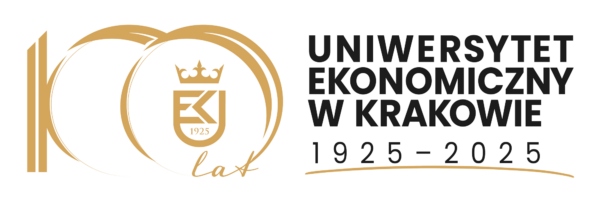Japan is regarded around the world as having one of the most restrictive and demanding education systems. The Japanese themselves often refer to themselves as kyōiku shakai, or "a society based on education”, where success and social status depends on the education received.
We are all the more pleased that a young person from that country has chosen Krakow and our university as a place to study.
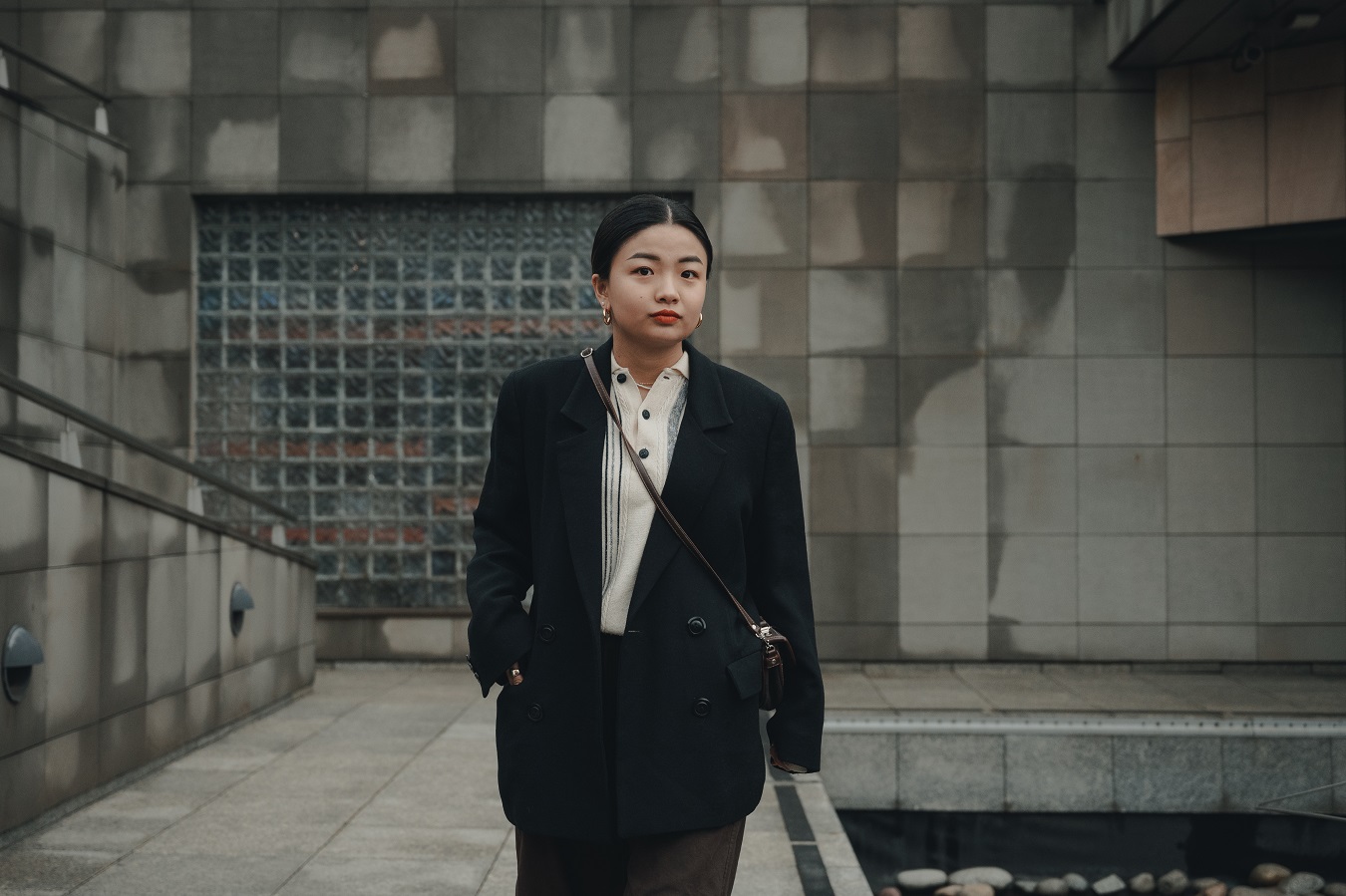
Welcome Centre: Hi Mikaze! It's a pleasure to meet you! Tell us a little about yourself.
Mikaze: Hi! My name is Mikaze Fukuchi. I am 20 years old and an exchange student from Tokyo, Japan. I love fashion, watching movies, listening to music, cafe-hopping and eating delicious food. Krakow has many wonderful places, cafes and shops, so I am very happy to be here.
Welcome Centre: You have come a long way! It’s interesting that you chose our university.
Mikaze: That’s true. I've travelled a long distance. I have been here since 2022 and am returning to Japan after the summer term. I previously studied in Canada, so this is actually my second time being away from home.
Welcome Centre: And what was your motivation for coming to Krakow? Why this place exactly?
Mikaze: It was a bit of an experiment. I had never been to Europe before and Poland seemed like a good choice. At my home university, they expect us to spend at least a year outside Japan, at another college. I thought of Poland because it seems to have a wonderful history and culture – completely different from what I am used to. In addition, KUE gives me an opportunity to develop in management, an area that interests me a lot.
Welcome Centre: You mentioned cultural differences. What was the biggest distinction between the two countries and societies?
Mikaze: I am a child of a completely different culture, so everything surprises me on a daily basis, from small things to big things. The many trash cans on the streets and in public places, the lack of turnstiles at stations, the fact that people standing on escalators are not lined up, that people always greet each other when they enter a store and many other surprises, both positive and negative, in my ordinary life. The Polish style of social life is curious as well. In Japan, on New Year's Eve most people settle down and spend the day at home, visiting temples, going to see the first sunrise and spending time with family and others around them. But in Poland, people set off fireworks on this occasion. I have also heard that many people here go to parties and have a good time, for example at concerts organised in the big cities.
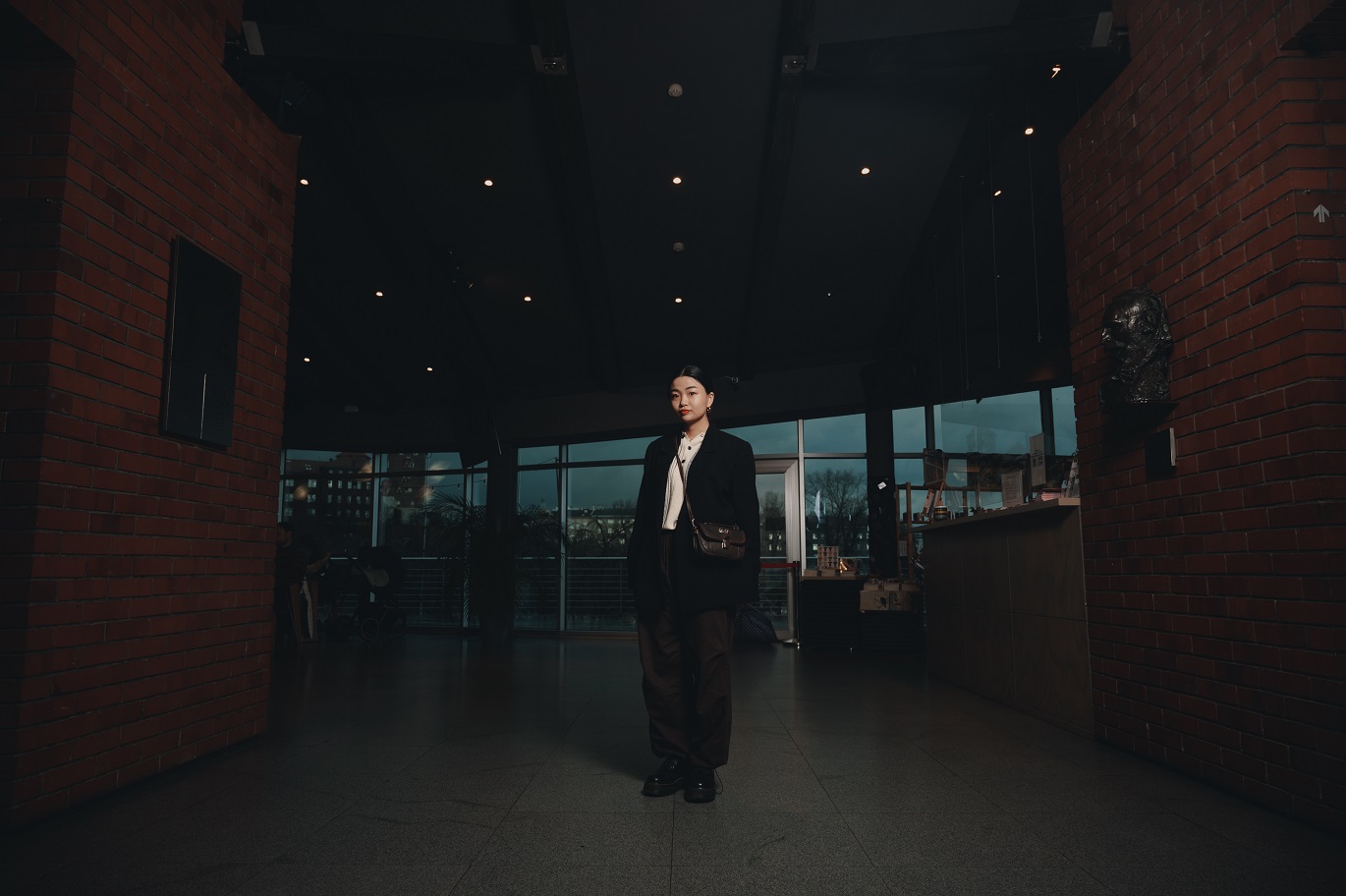
Welcome Centre: Your list is probably much longer.
Mikaze: In addition to distance, we are also separated by a difference in our approach to punctuality. Japanese people are basically punctual and value time. Classes do not start late and end on time. However, at this university, I found that there are teachers who start classes 15 or even 30 minutes late. If this is a cultural thing, it can't be helped, and I have grown used to it, but at first I was a little surprised.
Welcome Centre: Looking from a distance, you can probably point to many things you would change.
Mikaze: I think the schedule is a little difficult to read. At my university in Tokyo, there is a university app that shows your weekly schedule when you register for classes. I think this is very convenient and it would be useful at this university too.
Welcome Centre: We need to move with the times, right?
Mikaze: But don’t think that I am only complaining, I have noticed so many positive things in Poland. I have an impression that students here often have their own opinions more than Japanese ones. Japanese people often worry about what other people think and lack the confidence to express their own opinions. This is a part of Japan that I dislike, but here I feel it is nice that students clearly express their position in class. I also really like the architecture of Krakow. The main building of our university looks beautiful, especially in winter covered with snow.
Welcome Centre: And do you think your Polish experience will be helpful in your future?
Student: Yes, very much so! First of all, because I got to know a completely different world. At first, I came here knowing almost nothing about the Polish language or the country. All I knew was a little history from my textbooks and a little from the internet. After a while, I began to get used to the customs here. However, even now, I still feel a little scared of people walking down the street, though sometimes people pay attention to me and talk to me. All such people are kind and helpful. I don't understand it, but there is even an older gentleman who sometimes speaks to me in Polish. This experience has made me feel that when I return to Japan, if I see a non-Japanese person, I should be more proactive in talking to them and helping them, even if it takes some courage. This experience has opened me up as a person to cultural differences and has changed my outlook on the world.
Welcome Centre: What would be your advice to other international students or applicants who are still hesitating or feeling uncertain about going abroad?
Mikaze: Living and spending time in a completely different place can give you a better understanding of yourself and of course your home country. You learn about the range of things you can do, what you don't like about your own country, and what you do love about it. I believe that every country and every person has strengths and weaknesses, and the only way to really get to know them is to go there.
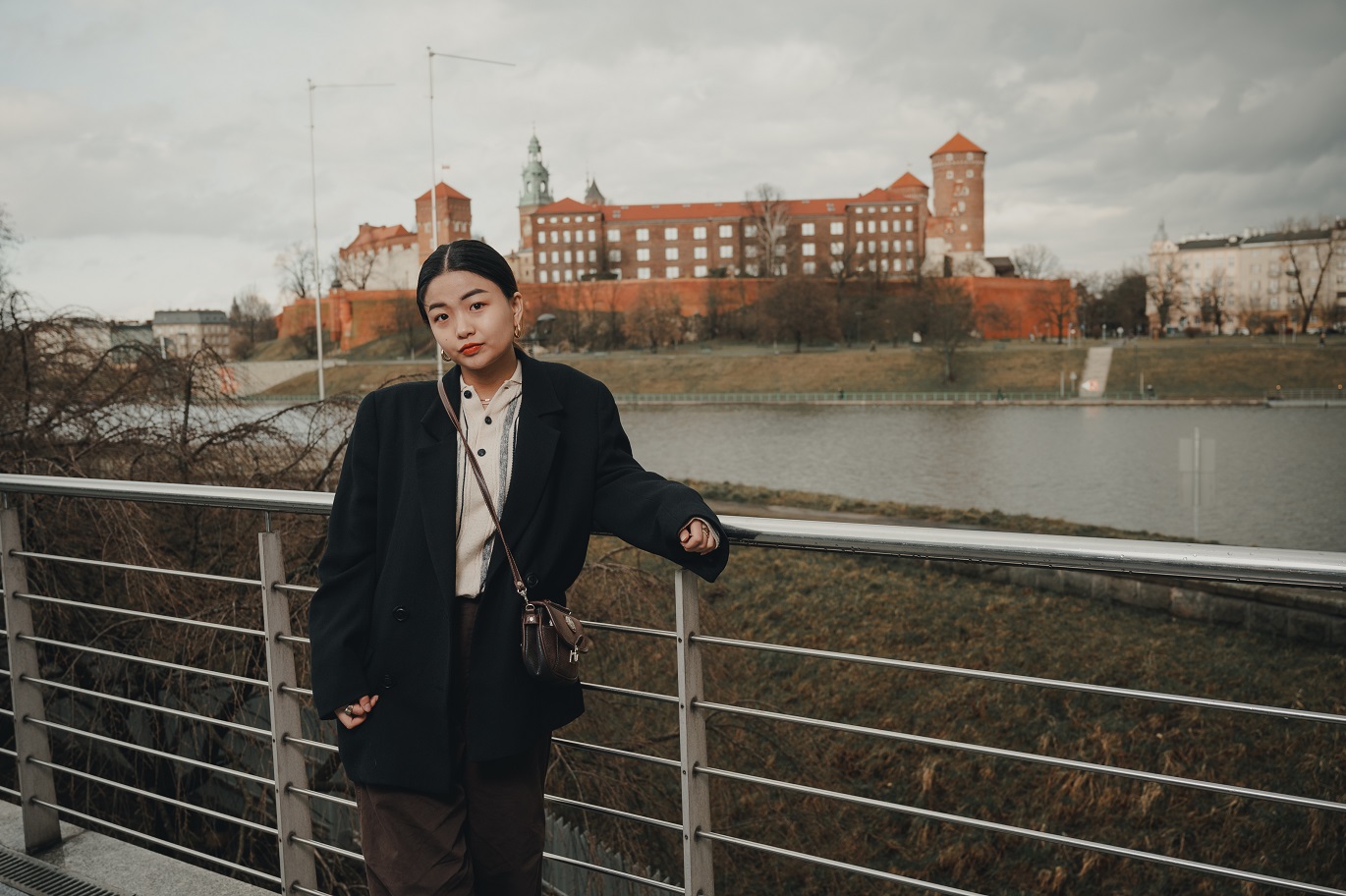
Welcome Centre: Perfect! Thank you! If we forgot to ask anything and you would like to add any further comments, here is the place for it.
Mikaze: Japan is a country that has many great things to offer in terms of food, culture and people. All of these things are completely different to Europe. Staying in Europe has made me realise that in my country there are many things I don't like. But still I love Japan – for better or for worse – and I hope that others are also interested in the country. I can't explain it all in my own words, but if you are at all interested in Japan, please come. And if a trip to Japan seems too far away for now, I recommend visiting the Manggha museum in Krakow. This place has a vibe!
Welcome Centre: Many thanks Mikaze! Hope to see you somewhere in Japan or elsewhere in the world!
Mikaze: I am also grateful for the opportunity to participate in the project. See you!
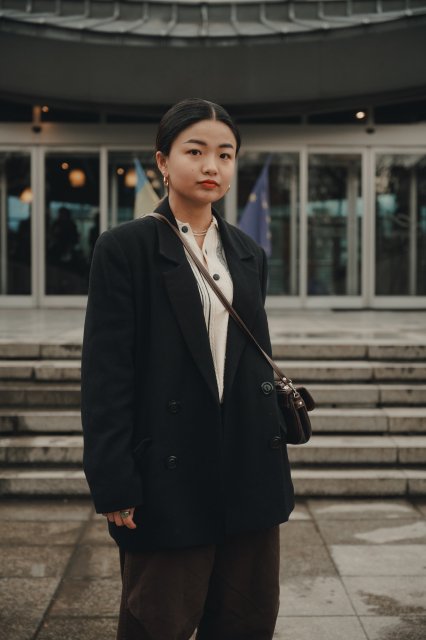
Welcome Centre UEK
Welcome Centre UEK – a multilingual unit at Krakow University of Economics (KUE), providing professional service and help to foreign students and applicants, as well as guests and doctoral students.
Did you like the interview? Would you like to become one of KUE's International Ambassadors? Join us!
The Project is financed by the Polish National Agency for Academic Exchange under the Welcome to Poland Programme.

